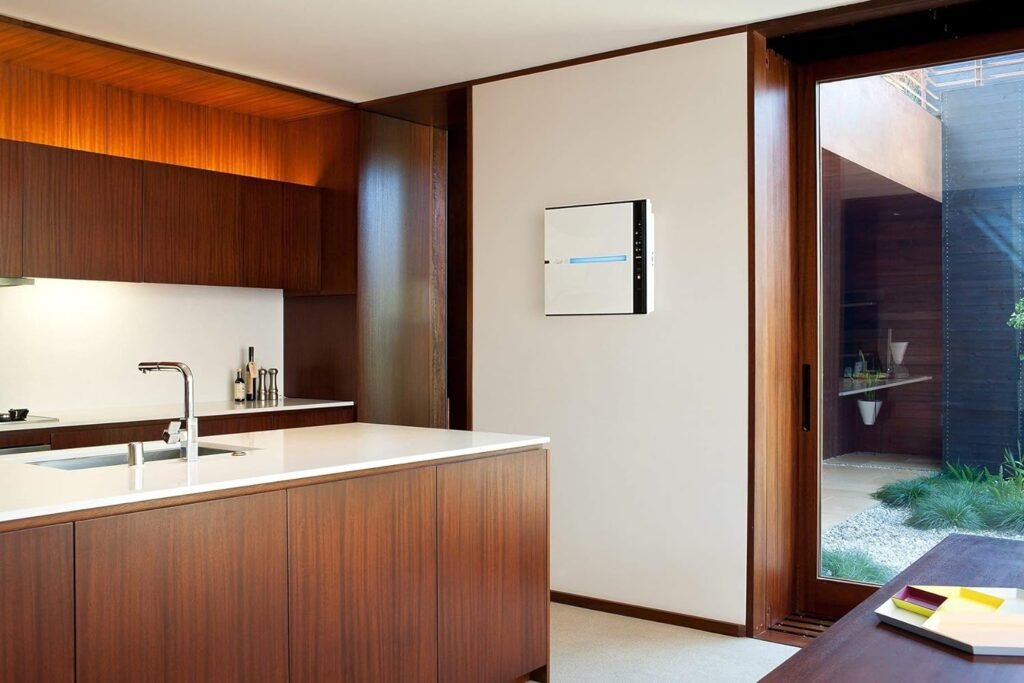
One of the most common questions people have about air purifiers is how they actually work. Air purifiers use various technologies to remove contaminants from the air, such as HEPA filters, activated carbon filters, and UV light. HEPA filters are particularly effective at capturing small particles like dust, pollen, and pet dander, while activated carbon filters can remove odors and chemicals. UV light can kill bacteria and viruses. Read More
Many people turn to air purifiers to help alleviate allergy symptoms. Air purifiers with HEPA filters are highly effective at removing allergens from the air, such as pollen, dust mites, and pet dander. By reducing the levels of these allergens in the air, air purifiers can help minimize allergy symptoms and provide relief for allergy sufferers. Read More
In light of the recent COVID-19 pandemic, there has been increased interest in whether air purifiers can help protect against viruses and bacteria. While air purifiers with UV light can kill some viruses and bacteria, it’s important to note that they are not a substitute for other preventive measures like wearing masks and practicing good hygiene. However, they can be a valuable addition to your overall strategy for maintaining a clean and healthy indoor environment. Read More
The frequency of filter replacement depends on the type of air purifier and the manufacturer’s recommendations. In general, HEPA filters should be replaced every 6 to 12 months, while activated carbon filters may need to be replaced more frequently, typically every 3 to 6 months. Regularly replacing the filters ensures that your air purifier continues to operate effectively and maintain clean air in your home. Read More
Air purifiers with activated carbon filters are specifically designed to tackle odors. These filters are highly effective at absorbing and neutralizing odors from pets, cooking, smoke, and other sources. If you have concerns about unpleasant odors in your home, investing in an air purifier with an activated carbon filter can help freshen the air and create a more pleasant living environment. Read More
Air purifiers are a valuable tool for improving indoor air quality and creating a healthier living environment. By understanding how they work, their effectiveness against allergens, viruses, and bacteria, and the importance of regular filter replacement, you can make an informed decision when choosing an air purifier for your home. Additionally, if you are dealing with persistent odors, consider investing in an air purifier with an activated carbon filter. Remember, while air purifiers can provide benefits, they should be used in conjunction with other preventive measures for optimal results.
To provide the best experiences, we and our partners use technologies like cookies to store and/or access device information. Consenting to these technologies will allow us and our partners to process personal data such as browsing behavior or unique IDs on this site and show (non-) personalized ads. Not consenting or withdrawing consent, may adversely affect certain features and functions.
Click below to consent to the above or make granular choices. Your choices will be applied to this site only. You can change your settings at any time, including withdrawing your consent, by using the toggles on the Cookie Policy, or by clicking on the manage consent button at the bottom of the screen.